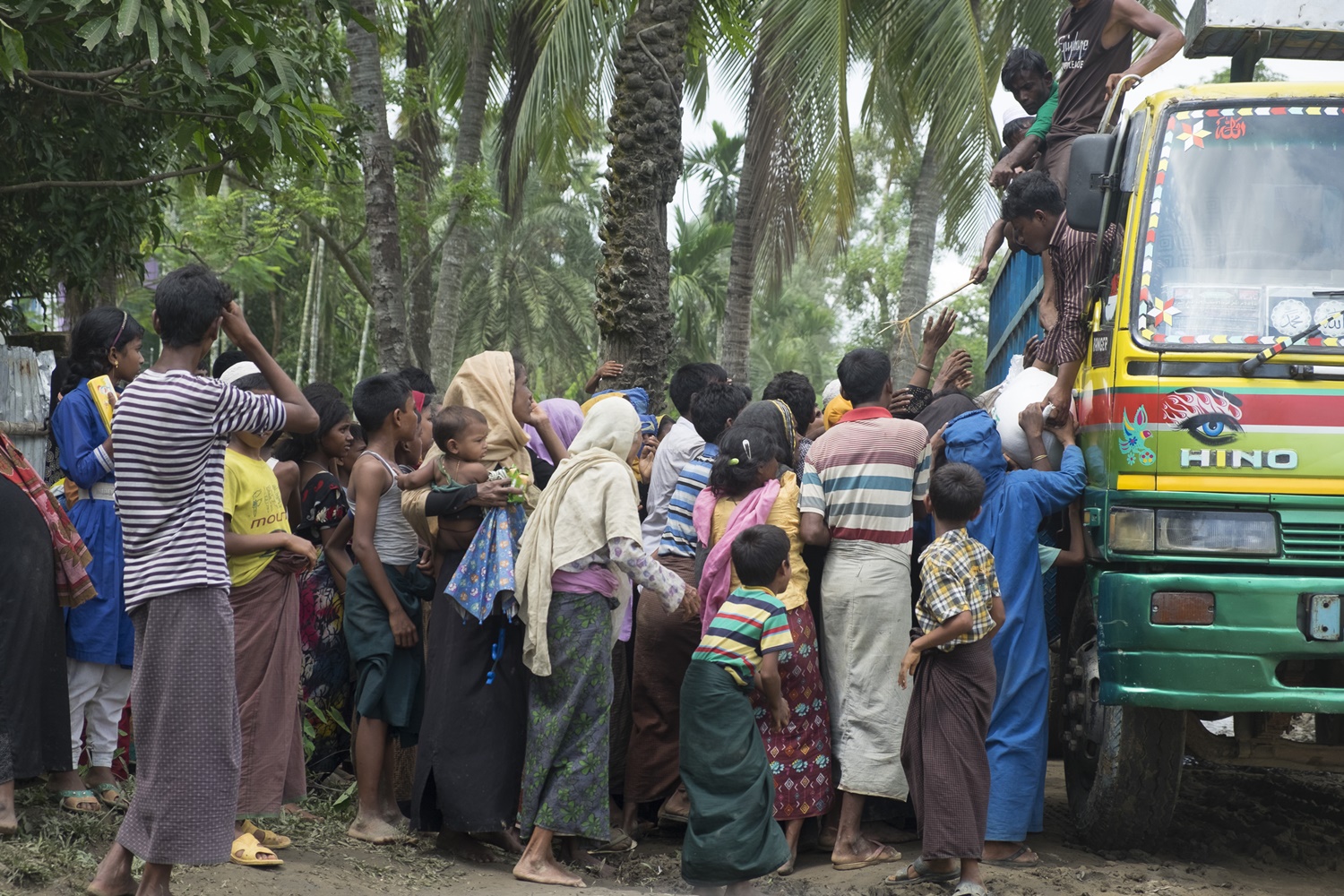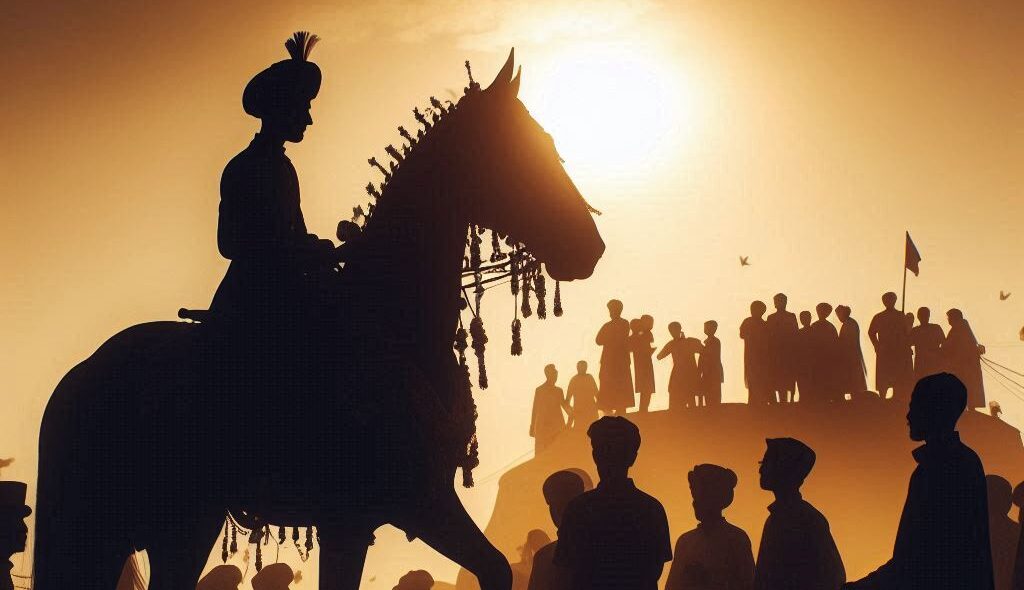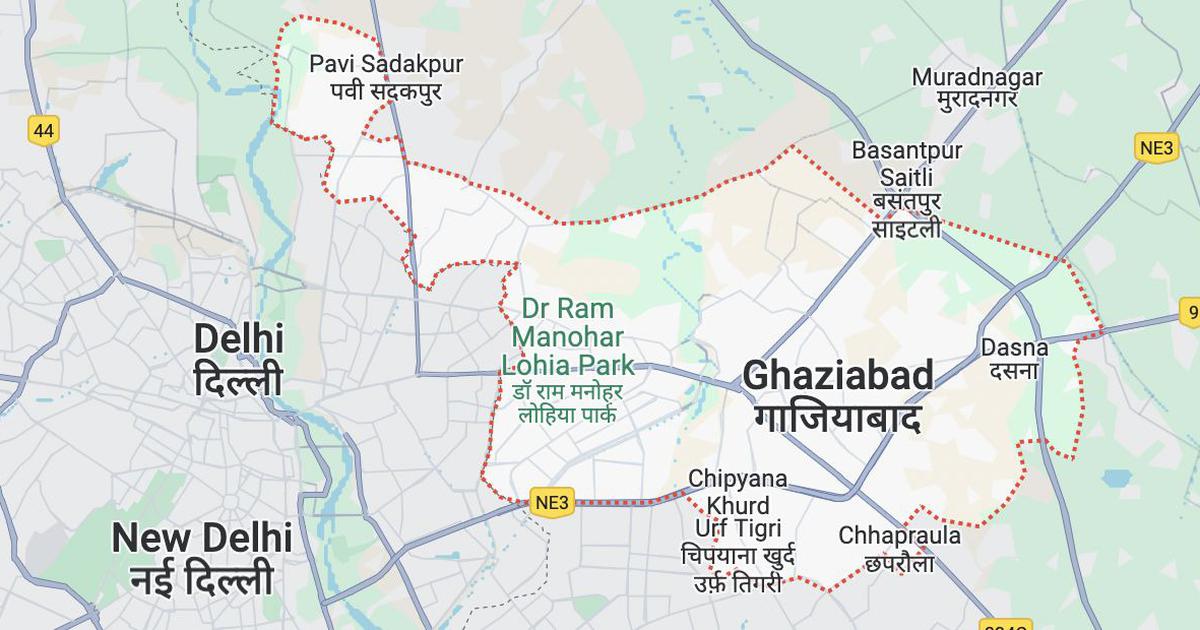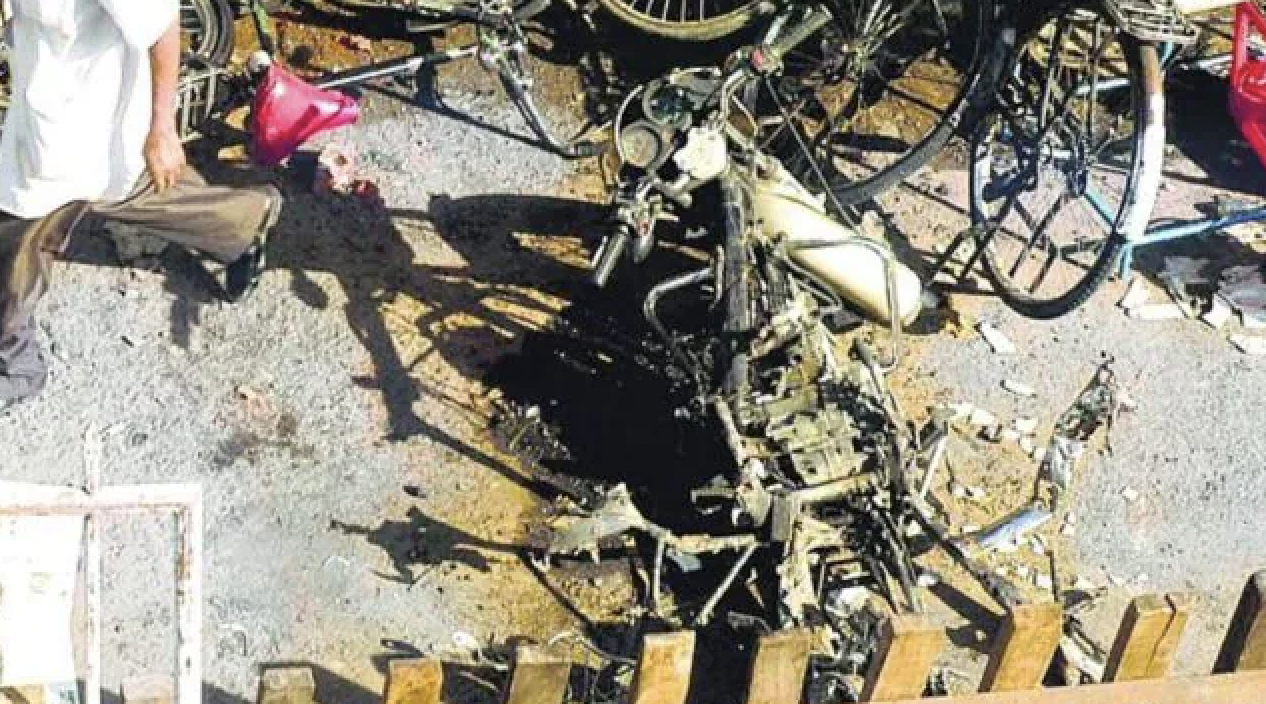
Guwahati: India is home to an estimated 22,500 Rohingya refugees registered with the United Nations Refugee Agency (UNHCR). While the plight of Rohingya refugees in Bangladesh and other Southeast Asian nations is well-documented, the condition of those in India remains largely overlooked.
A new report – by Daniel Sullivan, Priyali Sur and Ankita Dan – reveals that hundreds of Rohingya refugees, including women and children, are detained indefinitely under dire conditions across detention centres across the country.
“All information regarding the well-being and life of detainees at the detention centres is opaque. There is barely any transparency in this matter, and individuals and organisations who are aware of the blatant violation of human rights are scared to talk about what is happening for fear of consequences,” Priyali told The Wire.
The Rohingya, an ethno-religious minority from Myanmar, are the world’s largest stateless population (about 2.8 million). Stripped of citizenship and subjected to decades of persecution, over a million fled Myanmar following genocidal violence in 2017. While most found refuge in Bangladesh, many sought safety in neighbouring India, traveling along the India-Myanmar border or crossing from Bangladesh.
Unlike other refugee populations in the country, such as Tibetans and Sri Lankans, the Rohingya face systemic neglect and hostility. Despite holding UNHCR refugee cards, they are frequently labeled as “illegal immigrants” by authorities and are at constant risk of arrest, detention or deportation to Myanmar.
Life in detention
Interviews conducted by the Azadi Project and Refugees International from May to November 2024 paint a harrowing picture of life for Rohingya detainees in India.
“Interviewing people and experts, and verifying details was extremely challenging. But we wanted to make sure we had it right and so we took long but made sure we had accurate data backed by evidence,” Priyali said.
This story was originally published in thewire.in. Read the full story here.






